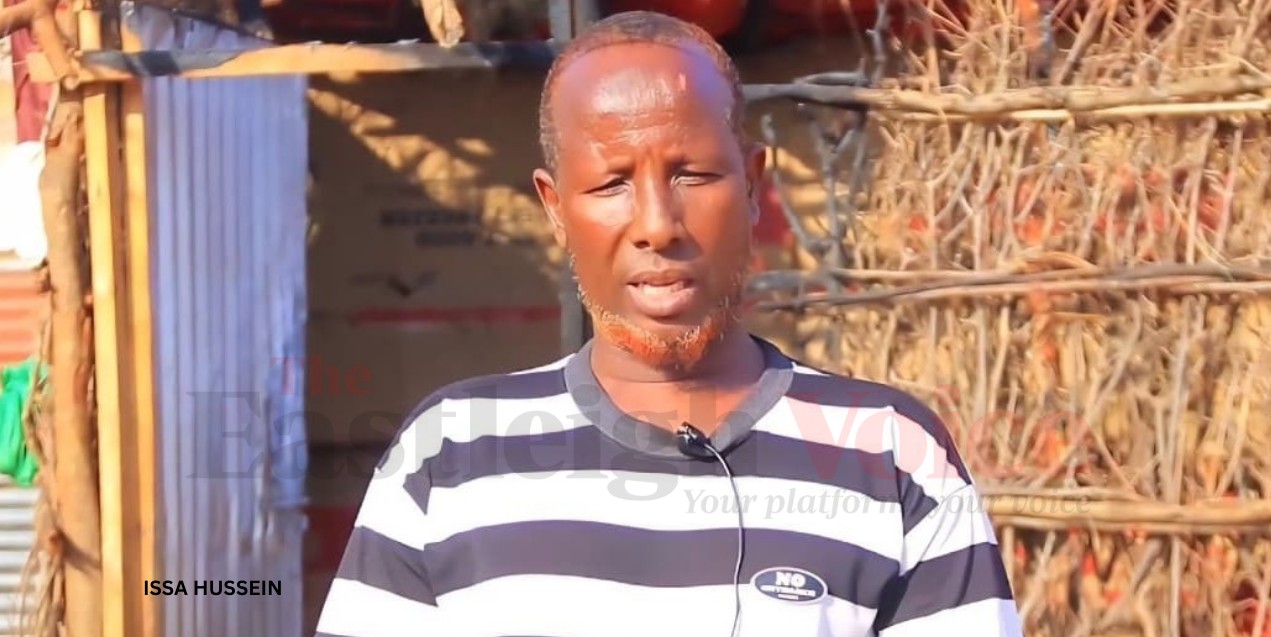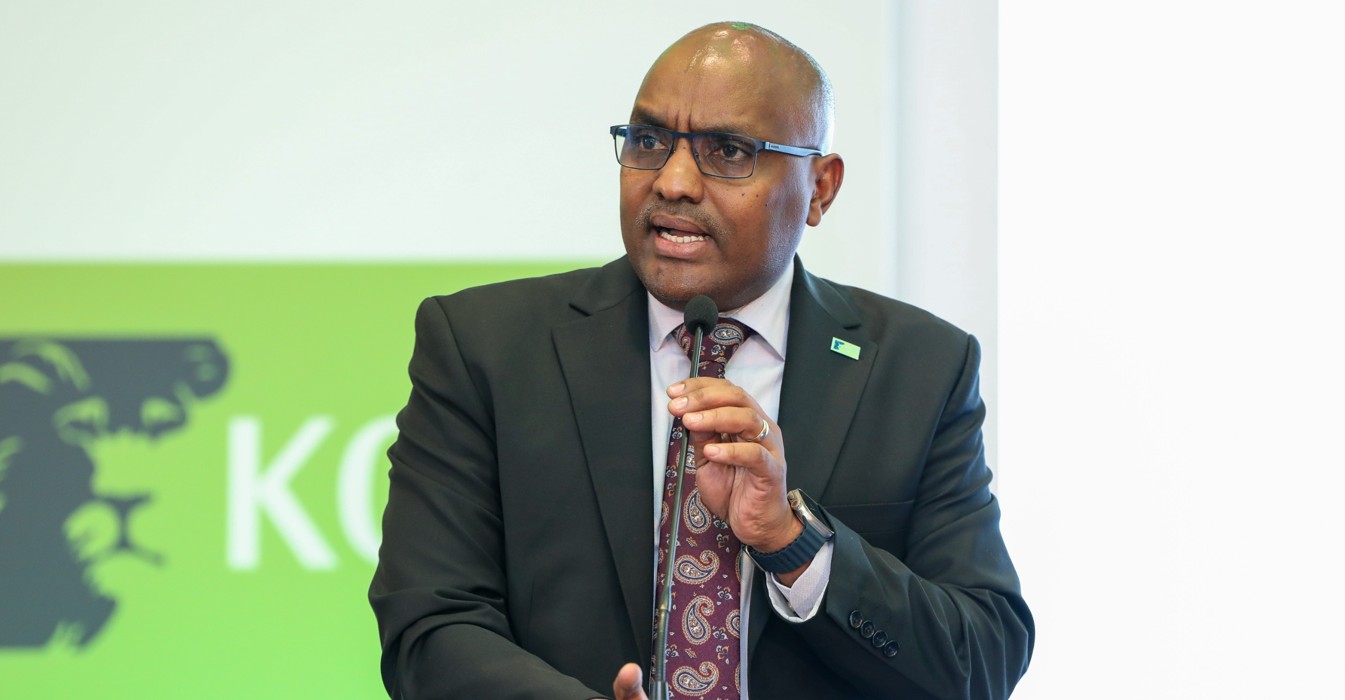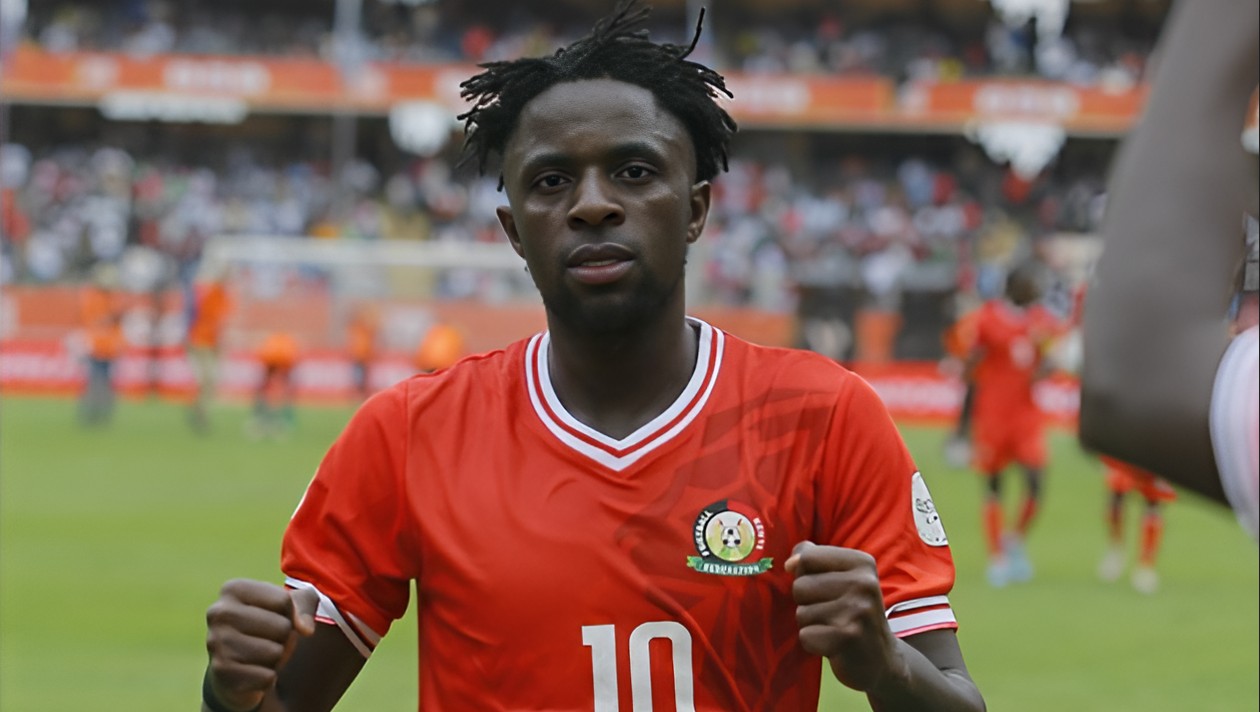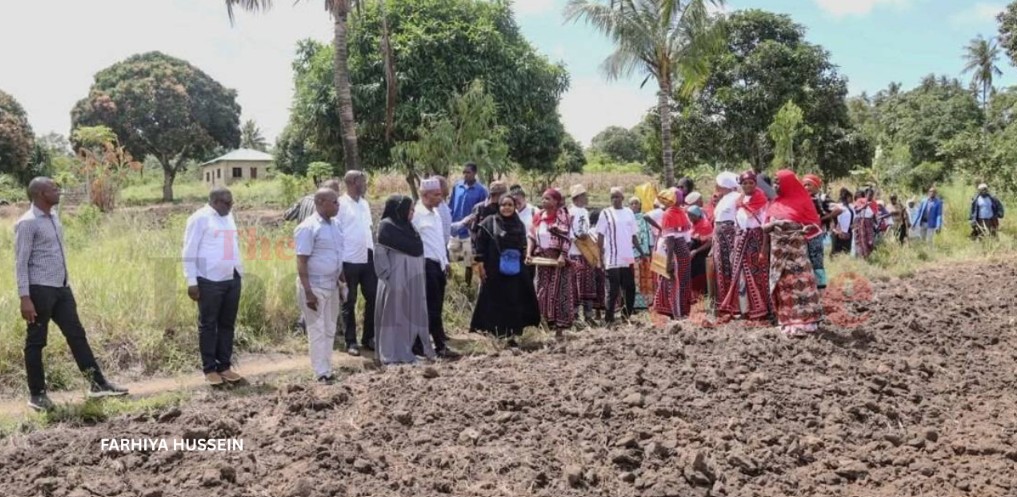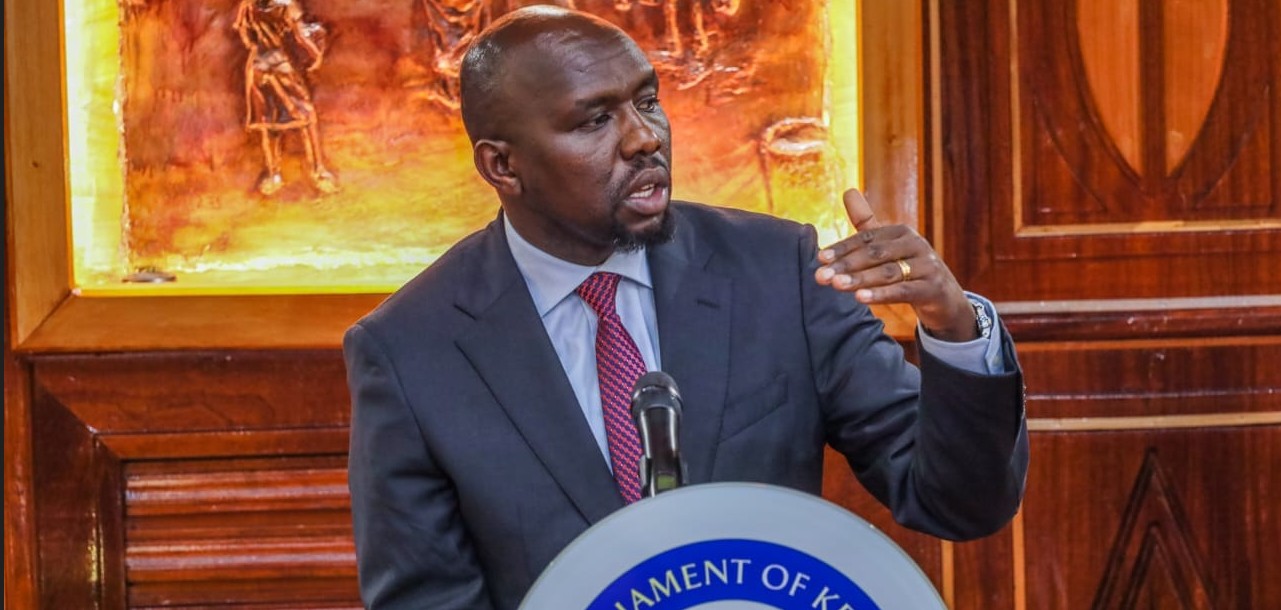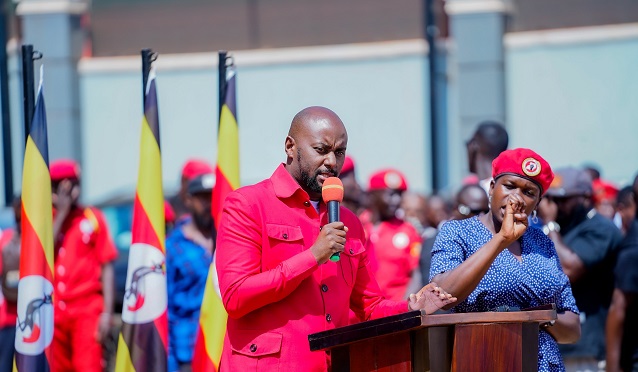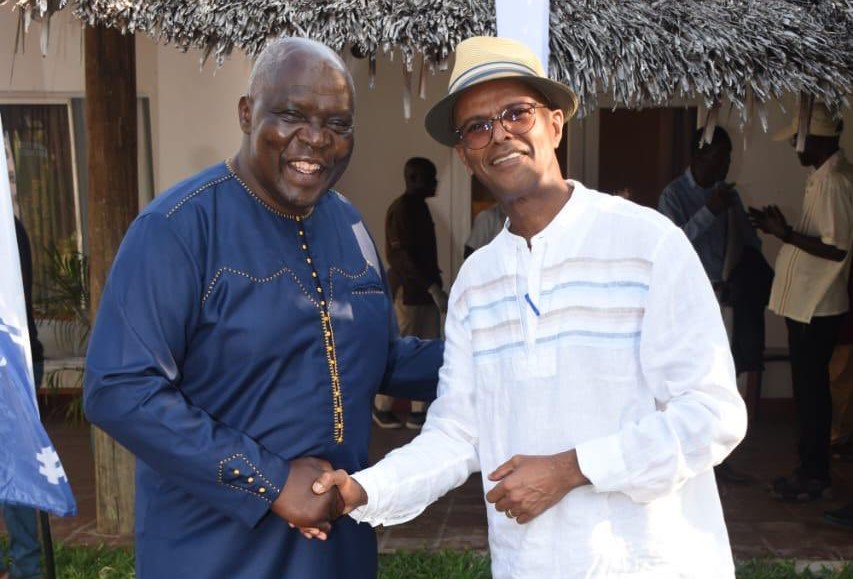Egypt vows not to give up its Nile water rights despite Ethiopia's Grand Dam completion
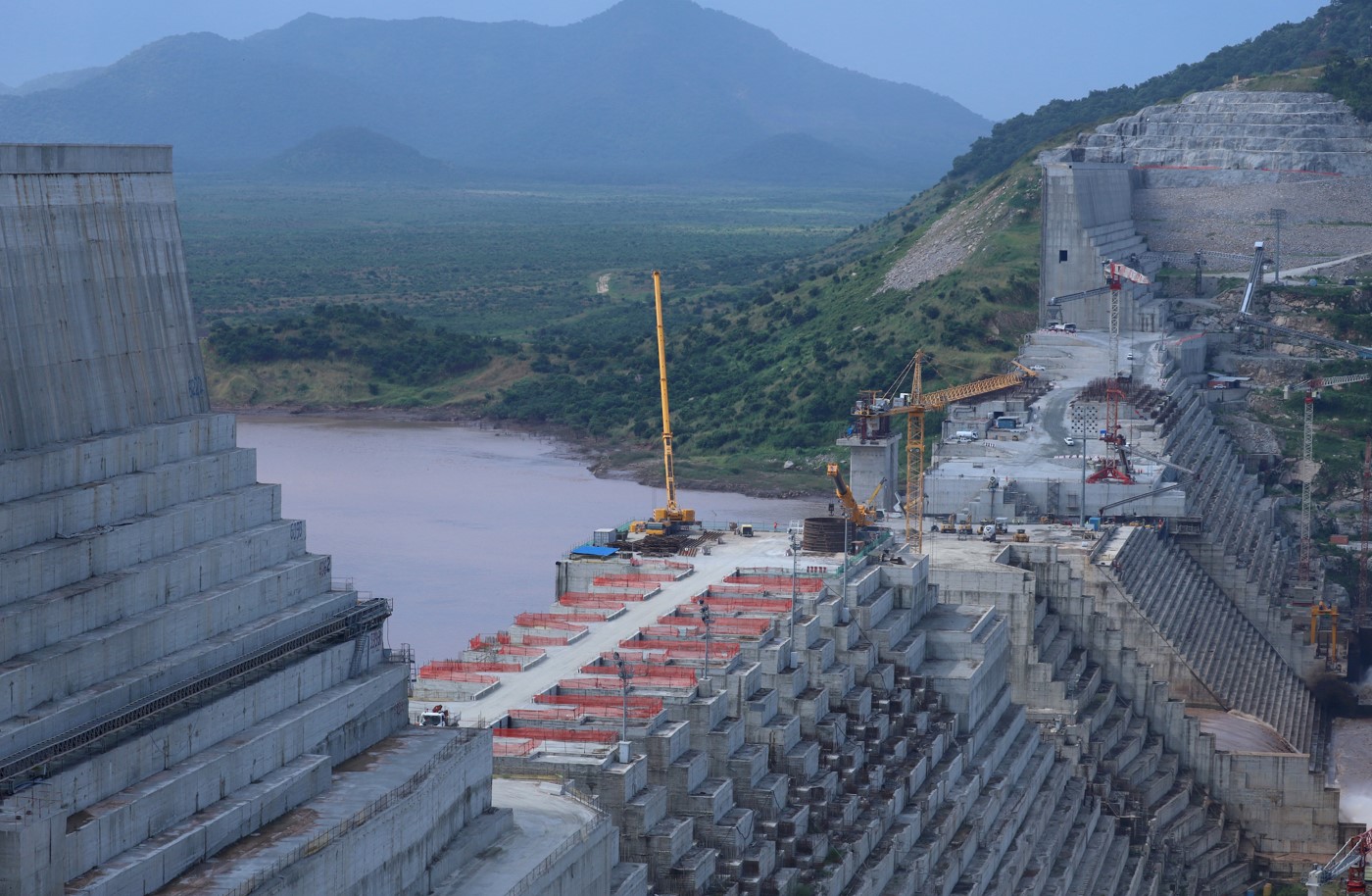
With a population of more than 100 million, Egypt relies on the Nile for almost all its freshwater needs.
Egypt's president, Abdel Fattah el-Sisi, has delivered his clearest warning yet to Ethiopia over its giant Nile dam, calling it a "mistake" for anyone to believe Cairo would compromise on its water rights.
"Egypt fully rejects unilateral measures in the eastern Nile basin," he said, in a pointed reference to Ethiopia's announcement that construction of the $4 billion (Sh517.2 billion) Grand Ethiopian Renaissance Dam (GERD) is complete.
More To Read
- Museveni in Egypt for high-stakes meeting with El-Sisi amid rising Nile tensions
- AfDB to lead Sh1 trillion funding drive for Ethiopia’s new airport
- Severe aid cuts endanger lives in Ethiopian refugee camps hosting over 395,000 South Sudanese
- Ethiopia sentences five people to death for human trafficking in landmark ruling
- Ethiopia mobilises millions to plant 700 million trees in a day under Green Legacy Initiative
- Egypt snubs US offer on Nile dam over condition to relocate Gazans to Rafah
"Anyone who thinks Egypt will compromise on its water rights is making a mistake."
Egypt and fellow downstream state Sudan have opposed the GERD since work began in 2011.
With a population of more than 100 million, Egypt relies on the Nile for almost all its freshwater needs.
Any interference in its flow, Cairo insists, is a national security issue - an "existential threat" that could destroy millions of farming jobs and destabilise its fragile food balance.
The core dispute is how much water Ethiopia will release downstream during severe drought. Years of negotiations over a legally binding agreement on filling and operating the dam have yielded no results.
El-Sisi's comments came after talks on Tuesday in Cairo with Uganda's president, Yoweri Museveni, who had previously offered to mediate between Egypt, Sudan and Ethiopia, arguing the Nile's resources "should be shared adequately."
Uganda is among the upstream riparian states whose growing hydropower ambitions challenge Egypt's historical dominance, anchored in colonial-era agreements.
Ethiopia, for its part, says the dam - located close to Sudan's border - is essential for development.
It began generating power in 2022 and is expected to produce more than 6,000 megawatts, double Ethiopia's current output, turning the Horn of Africa nation into a net energy exporter.
Addis Ababa has repeatedly sought to reassure its neighbours that "no harm would come" from the dam.
Yet the Nile remains one of Africa's most contested lifelines, shared by 11 countries including Burundi, the Democratic Republic of Congo, Eritrea, Kenya, Rwanda, South Sudan, Tanzania and Uganda.
Top Stories Today
